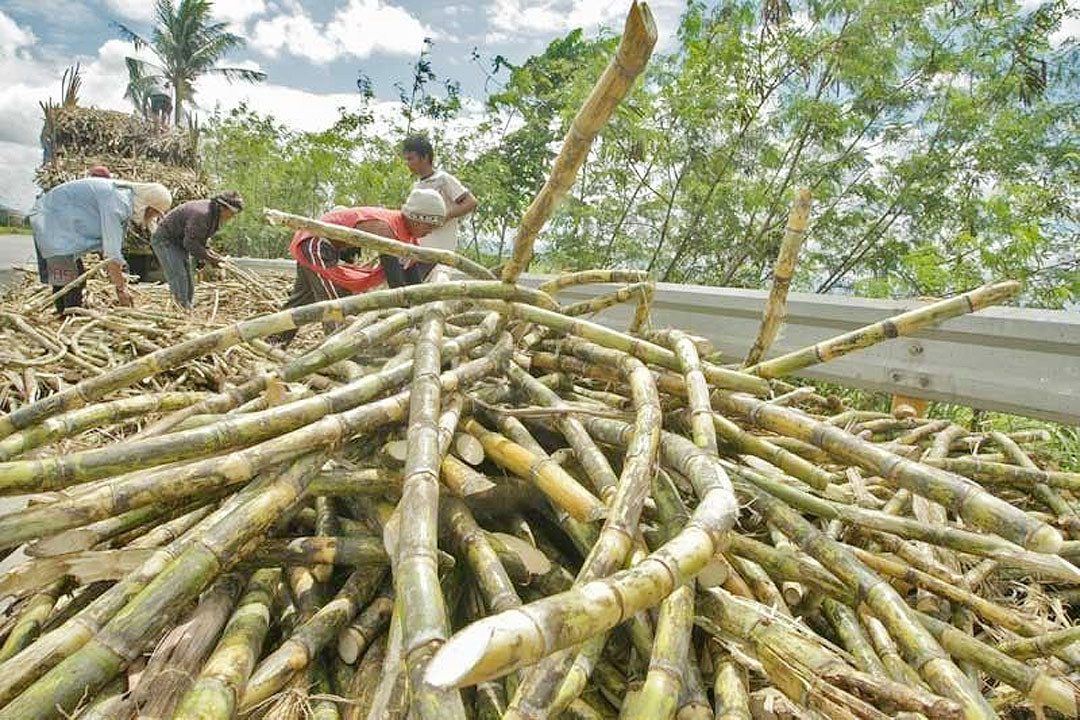Negros Occidental court issues injunction against plan to import 200,000 MT of sugar

THE Sugar Regulatory Administration (SRA) has been issued a writ of preliminary injunction by a court in Negros Occidental, ordering it to desist from implementing a plan to import 200,000 metric tons (MT) of sugar.
In a six-page decision, Judge Reginald M. Fuentebella of Sagay City’s Regional Trial Court (RTC) Branch 73 ordered the maintenance of the status quo prior to the implementation of the import plan. The freeze on the imports applies until the resolution of the case, unless earlier lifted by order of the court.
United Sugar Producers Federation (UNIFED) President Manuel R. Lamata said the decision is a “victory” for sugar producers.
“This decision just affirms that the industry was right and the SRA was wrong,” Mr. Lamata said in a statement.
Sugar Order (SO) No. 3 calls for the import of 200,000 MT of standard and bottler’s grade refined sugar to serve as a supply buffer in storm-hit regions and to stabilize prices.
“We are not against imports per se, but we have been pushing for proper consultation and a calibrated import program which is beneficial to all and not just for a particular sector,” UNIFED Director Joseph Edgar M. Sarrosa said.
Mr. Sarrosa sought the injunction on behalf of the Rural Sugar Planters Association, Inc., a member of UNIFED.
UNIFED has been urging the government to recall the sugar order because of the lack of consultation and poor timing. The order was issued during the milling season, depressing the price obtained by planters from the mills.
“News of SO No. 3 led to a huge drop in sugar prices, prompting us to (seek) a temporary restraining order against it,” UNIFED said.
Asked to comment on the court ruling, the SRA said in reply to a query that it has “yet to officially receive any decision from RTC Sagay as to whether a writ of preliminary injunction had been issued on SO No. 3, or the sugar importation program. This legal matter shall be seasonably endorsed to the Office of the Government Corporate Counsel for appropriate action. Meantime, as SRA is precluded from discussing the merits of the pending case, all it could maintain is that the assailed SO is within the mandate of SRA, on the valid grounds as stated in the SO. The SRA shall endeavor to avail of legal remedies to ensure that it adheres to its legal mandates, all for the sake of the sugarcane industry.”
Separately, the Philippine Chamber of Food Manufacturers, Inc. (PCFMI) expressed its support for the import order, suggesting a divergence of interests between planters and the food industry.
“Due to the current local shortage of refined sugar that conforms with the quality requirements of food manufacturers, particularly premium and bottler’s grade refined sugar, we join the SRA in its assessment that there is an urgent need for such imports,” the PCFMI said in a statement.
“The inability to import refined sugar that meets the quality standards of food manufacturers poses a threat to food security, specifically the continued supply of essential food commodities. Existing sugar stocks for food manufacturing are dwindling, and therefore imports under the circumstances are necessary,” it added.
At the House of Representatives, Deputy Speaker and Negros Occidental Rep. Arnulfo A. Teves, Jr. said at a committee hearing on Tuesday the sugar industry was not adequately consulted on the import order.
“First of all, I’d like to say that what (SRA Administrator Hermenegildo R.) Serafica said about stakeholders not knowing the intricacies of business was insulting. I’m also a stakeholder. I grew up on sugar,” he said in Filipino in an online committee hearing. “One more thing, it is a lie to say that all stakeholders agreed. I did not agree. He could say that most stakeholders agreed, but not all. So, he’s wrong.”
Mr. Teves also asked why the SRA was not addressing high fertilizer and fuel costs.
“If they are really looking at the big picture, why are they so focused on imports? Why are they not looking at importing cheap fertilizer? And having cheaper fuel?” he said. — Luisa Maria Jacinta C. Jocson, Jaspearl Emerald G. Tan



